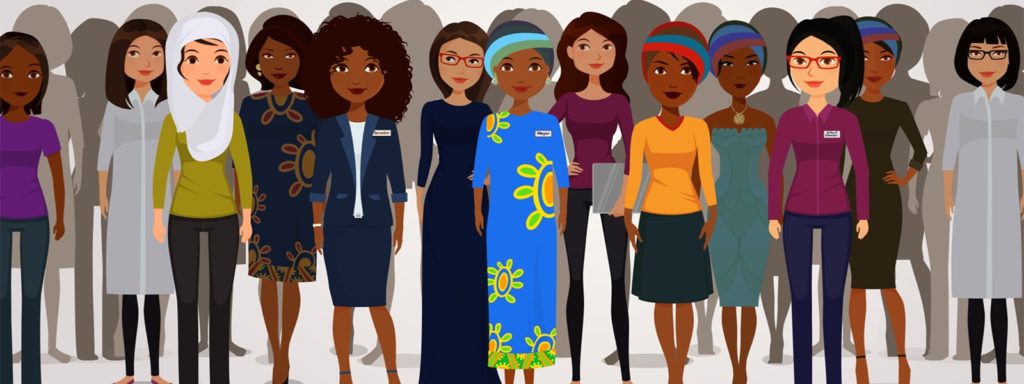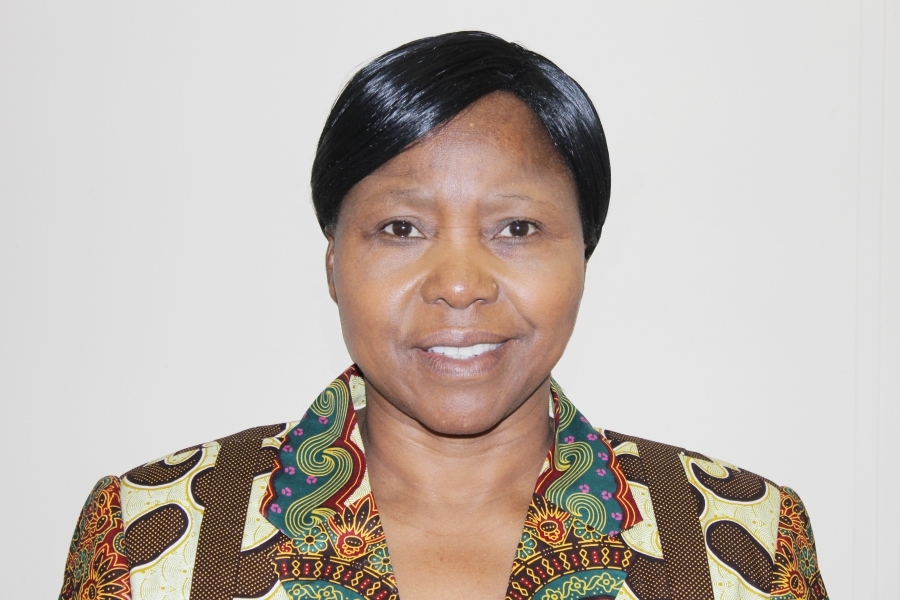TWO months ago, the Zimbabwe Electoral Commission (ZEC) gazetted the local authority women’s quota. This was in line with the government’s efforts to reserve 30 percent of the political leadership of local authorities for women.
Under the women’s quota for local authorities, Harare has the highest number of extra seats — 14 out of a total of 45 wards; while Makoni Rural District Council (RDC) has 12 out of 39.
Following these are Zvimba RDC (11 out of 35 wards), Gutu RDC (12 out of 41 wards), and Gokwe North RDC (11 out of 36 wards). President Emmerson Mnangagwa also extended the women’s quota of 60 reserved parliamentary seats by another 10 years.
Mnangagwa intervened after the proportional representation system in which 60 females are elected into the National Assembly — six from each of the country’s 10 provinces — expired after being in effect from 2013 to 2023.
Over the years, women activists have slated the fact that most decision-making positions are occupied by men. According to the 2022 Population and Housing Census, women constitute 52 percent of the population.
Alive to this fact, out of 12 ministers of State in government, President Mnangagwa appointed six women. These are Evelyn Ndlovu (minister of State in Vice President Constantino Chiwenga’s office), Ellen Gwaradzimba (minister of State for Manicaland), Monica Mavhunga (minister of State for Mashonaland Central), Apollonia Munzverengwi (minister of State for Mashonaland East), Mary Mliswa (minister of State for Mashonaland West), and Judith Ncube (minister of State for Bulawayo).
Significantly, the president appointed a woman — Oppah Muchinguri-Kashiri — to one of the most influential Cabinet positions, that of Defence and War Veterans minister. The government also says it recognises the fact that 86 percent of Zimbabwean women reside in the rural areas and as such it will do all it can to uplift them.
“My government will continue to facilitate the setting up of a rural industry system, roads, water, health, and education infrastructure to improve the plight and quality of life for our women across the country,” said President Mnangagwa during the 7th Zanu PF women’s league Conference last year.
Apart from the various interventions meant to uplift women in the political sphere, the government has also come up with several initiatives to empower women economically.

One such initiative is the Zimbabwe Women’s Microfinance Bank (ZWMB), which Mnangagwa officially launched on June 25, 2018.
Over the past five years, the banks have offered a wide range of products including micro-farming, micro-entrepreneur, value chain financing, asset finance-micro leasing, salary-based loans, instant Katsaona loans as well as medical and funeral insurance.
The bank — created via a partnership between the Women’s Affairs, Community, Small, and Medium Enterprises Development ministry, the Finance and Economic Development ministry, the Reserve Bank of Zimbabwe, and the United Nations — was set up to assist women experiencing challenges in accessing funding from banks as they did not have collateral like immovable property.
The bank has funded tens of thousands of projects predominantly fronted by women across the country as part of the government’s efforts to empower women, alleviate poverty, and create jobs.


